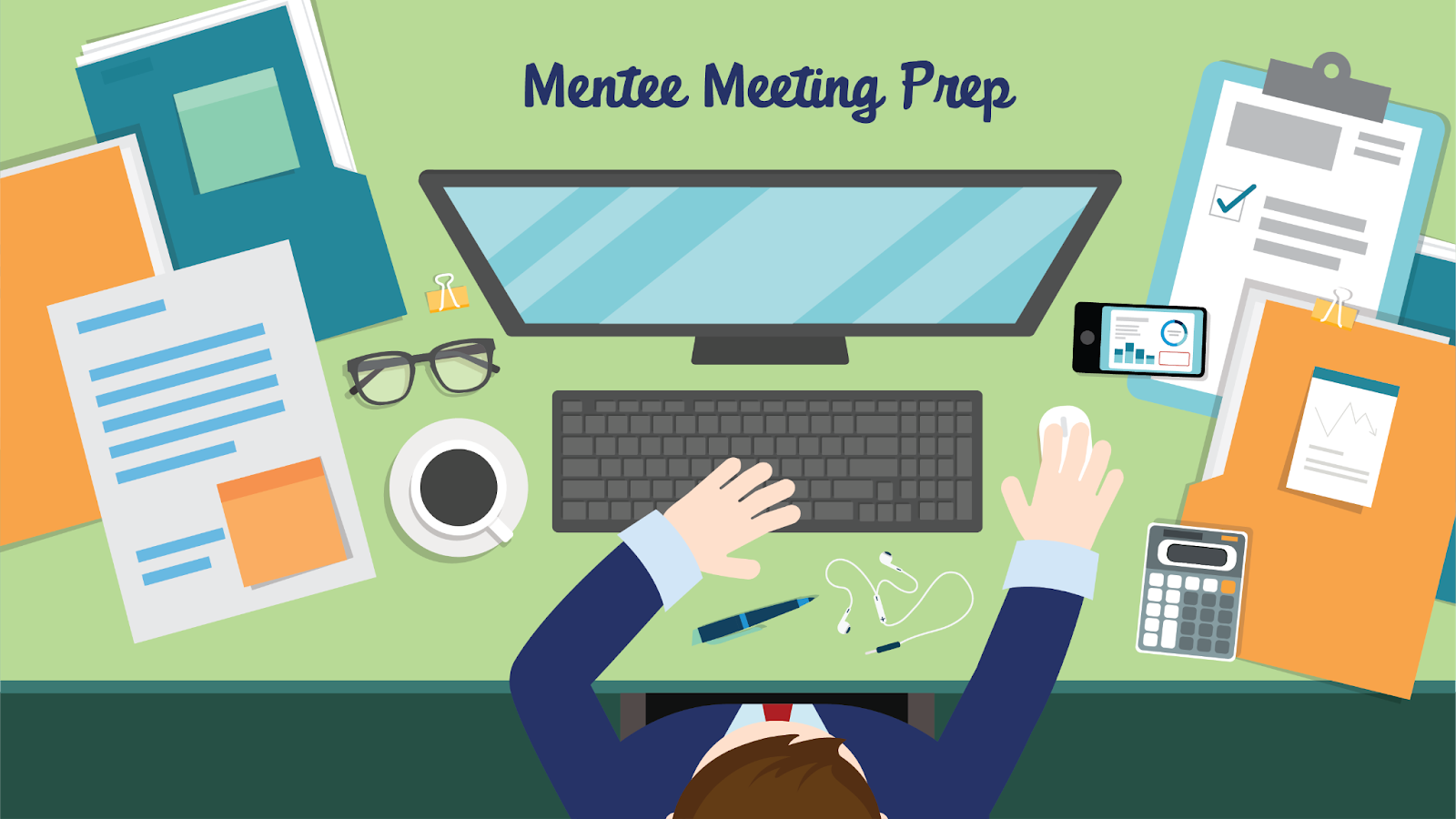Prepare for Your Mentor Role
Learning Objectives
After completing this unit, you’ll be able to:
- Prepare for a mentorship role.
- Set structure in a mentorship journey.
- Provide useful feedback as a mentor.
Prepare for Mentoring
If you’re new to Trailblazer Mentorship, we recommend reviewing the Trailblazer Mentorship Mentor Playbook. You should also complete the Trailhead modules Trailblazer Mentorship for Mentees and Coaching & Feedback.
Beyond these resources, consider reviewing your upcoming schedule to determine your availability to meet. It’s often helpful to ask for and review your mentee’s resume and relevant social profiles prior to meeting, and to perhaps note questions or inconsistencies to follow up on.
Establishing the mentee’s goals for the relationship is essential. Each mentee aims for something different, and staying focused on their particular desired outcomes is essential to mentoring success.
- If your mentee indicates that they’re pursuing a job or preparing for a job interview, then you might ask to review the job description. It can be helpful to bring a critical eye to the gap between their current resume and the responsibilities described in the job description. Help them to identify transferable skills to address gaps.
- If your mentee is looking for another Salesforce professional to compare notes with, then be clear with them about your own skill level, and ask about their organization’s use cases, user base, and history.
- If your mentee needs specific career advice, then learn what you can about their situation and think of relevant experiences you might share.
Each mentee is on their own journey, combining their skills, interests, and experiences with goals and time frames that are meaningful to them. As a mentor, it’s helpful to remain flexible to serve as a role model in different capacities.

Commit to Being a Good Mentor
The first step in committing to being a good mentor is knowing how much time you can offer someone, and not overcommitting to the mentee. Blocking off time on your calendar to meet, and including any necessary time to prepare for each session, is critical. Preparation might include reviewing your mentee’s resume, looking through job descriptions, or identifying thoughtful introductions you might make.
From there, establishing goals and expectations for the relationship is very important, as is the agreement of who will drive the scheduling of upcoming sessions. It’s OK to say that you are not familiar with a topic or do not have relevant experiences to share. This will allow the conversation to remain in areas of strength. If helpful, you can also ask your mentee to follow up after each session with an email summary detailing key topics covered and the resulting tasks assigned to each person.
Set Structure in a Mentorship Journey
Trailblazer Mentorship provides a recommended four-session structure for the mentoring relationship, which can be expanded if there is a mutual desire to do so. From the beginning, it’s helpful to be upfront about expectations for the format, scheduling, and content of the sessions. For example, you might agree to 60-minute sessions each Monday evening throughout the upcoming month, with your mentee responsible for sending out calendar invites.
If a mentee is interested in career planning, you might agree to topics such as Career Plan, Resume Review, Mock Interview, and Final Check-In for your sessions. If a mentee is interested in a more technical discussion, you can ask them to send you topics in advance so that you can prepare as needed.
Provide Feedback
The Culture of Feedback Trailhead module notes that one of the most important, yet challenging, aspects of giving and receiving feedback is to ensure that both the giver and receiver are coming from a place of good intent.
Think about feedback that you’ve given that was well received. Think about feedback that you received that felt welcome and helpful. Chances are, your relationship with that person was built on trust, mutual respect, and understanding.
On the flip side, have you ever delivered feedback that wasn’t well-received? Or have you ever received feedback that you didn’t think was valid—or perhaps you questioned where it was coming from? Sure, we all have!
Even when you have to deliver or receive a hard message, it’s important to consider whether you’re doing your best to deliver or receive the message with good intent.
Be specific with your feedback and provide concrete examples of the problem. It’s OK not to offer solutions, but instead, open a discussion with your mentee for how they think they could make changes. This is where coaching comes in.
Now that you know what it takes to be a great mentor, check out the Trailblazer Mentorship program and consider becoming a mentor!